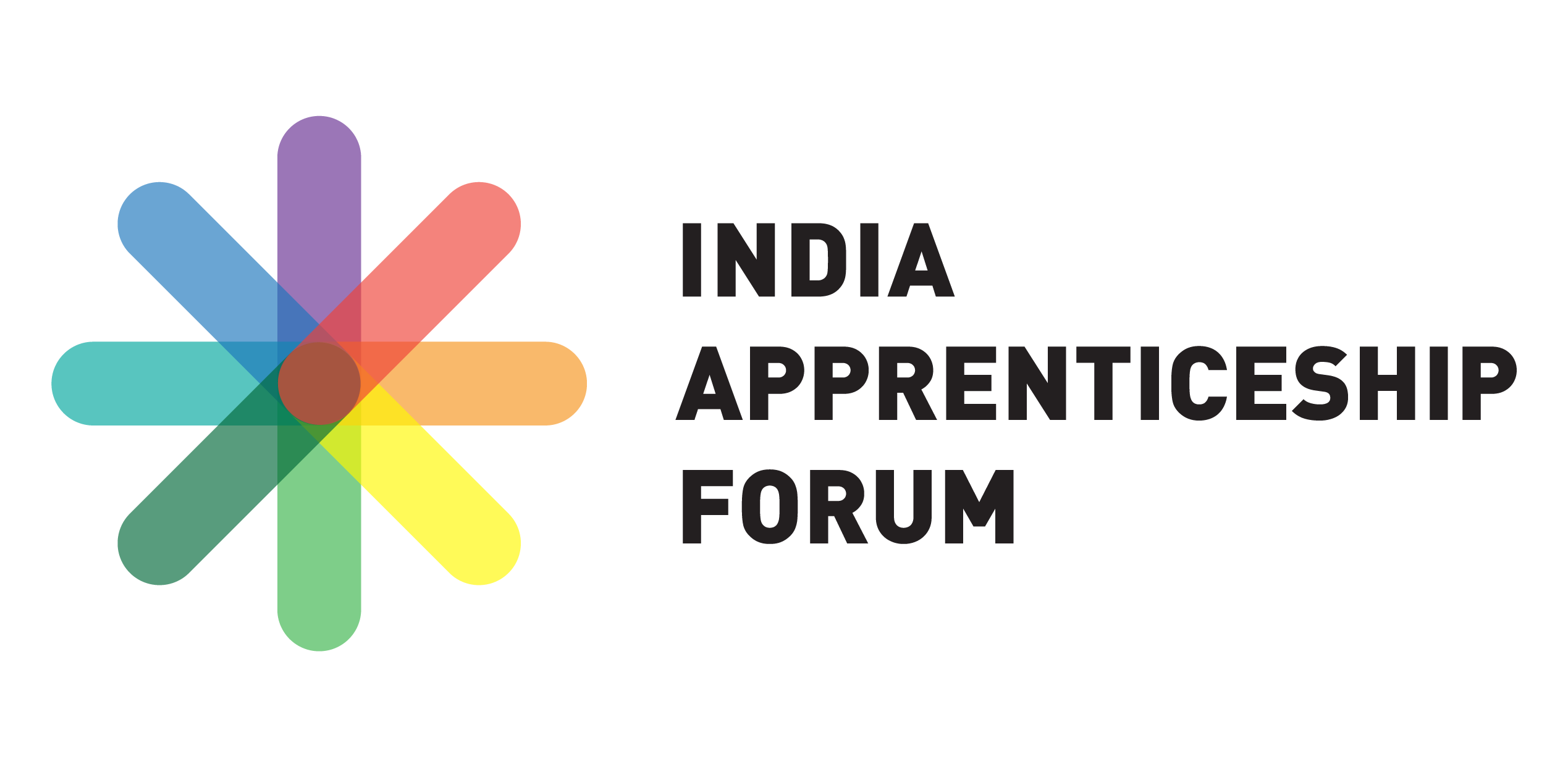Vocational Training Market Expected to Rise from USD 23,715 Million in 2017 to USD 58,885 Million by the End of 2022
This has been one of the key findings of the Global Vocational Training report, which is a first of its kind, covering five regions globally including India, and analyses market size, value and price points in each region. A comprehensive scan of the vocational training market (technical and non-technical) in all five regions has been carried out by outlining key market dynamics, leading players, and strategies employed by major organisations such as Adobe Systems, Hewlett Packard, IBM, Microsoft, City & Guilds, Cisco, among others, to retain their competitive edge in their areas of business.
The report has found that the vocational training market in India will be one of the fastest growing in the coming years.
Punjab Skill Development Mission (PSDM) Addresses Skill Mission Teams
Recently, a two-day joint training workshop on placement verification and tracking of Deen Dayal Upadhyaya Grameen Kaushalya Yojana (DDU-GKY) was conducted by the PSDM and the National Institute of Rural Development, Hyderabad (NIRD & PR). A review of progress of 22 DDU-GKY projects across Punjab was carried out to assess training targets, certification and placement figures.
Additionally, a state-level advocacy workshop on the National Skill Qualification Framework (NSQF) was also conducted with the National Skill Development Agency (NSDA). Representatives from NSDA, National Skill Development Centre (NSDC), SSCs (Sector Skill Councils), industry and training partners were sensitised on the importance of NSQF and NQAF (National Quality Assurance Framework) certification for skilled manpower across industry and to match skills to industry demand, including traditional art and crafts such as phulkari making, jutti making under NSQF.
Model Skill Development Centre at ITI Opens in Vijayawada
This centre was recently inaugurated by the Andhra Pradesh State Skill Development Corporation (APSSDC) in association with Johnson Controls Hitachi (JCH) Air Conditioning India Ltd. The objective is to make youth more employable by imparting training via three-month courses in AC repair and maintenance to youth and school drop-outs through syllabi designed by Hitachi and certified jointly by Hitachi and APSSDC. The vision is for successful trainees to be employed as skilled technicians by any AC dealer/company or even consider entrepreneurship routes themselves. Gurmeet Singh, Chairman and MD, JCH said at the inauguration that the next phase would include opening training centres in Nellore, Anantapur and Vishakhapatnam by the end of next year.
Maruti Suzuki’s Japan-India Institute for Manufacturing Opens Door to 2nd Batch
Maruti Suzuki’s Japan-India Institute for Manufacturing (JIM) at Ganpat University in Mehsana, Gujarat, is a joint Indo-Japan programme to skill 30,000 individuals in the manufacturing sector in India. After achieving a 100% placement of its first batch, JIM recently welcomed its new pool of 362 students. In his welcome address, Mr. A. K. Tomer, Executive Director, Corporate Planning, Maruti Suzuki India Limited, said “Growing skill gap is a crucial challenge faced by young India. Our aim at JIM is to reduce this gap and empower students with skills relevant to the automobile industry requirement. Besides the core technical skills JIM grooms students in Japanese manufacturing practices and processes that are important to succeed in the workplace. Also, the mini-vehicle assembly line, well-equipped workshops give them an experience of working on a real shop-floor.”
Established as a model ITI, trainees at JIM get access to a modern workshop environment which simulates a real shop-floor assembly line, claimed to be the first of its kind in the country. Courses are offered in eight trades related to automobile manufacturing, maintenance and services. Along with nationally certified certificates JIM candidates also obtain skills in Japanese shop floor practices, English proficiency and soft skills.
Partnerships such as JIM are a much needed initiative by industry to kindle the spirit of joint working in skilling the next generation of India’s youth. We have examined the effects of industry participation in augmenting employability of youth in our blog post ‘How Can Organisations Become Temples of Skilling.’
Pradhan Mantri Kaushal Kendra Opens in Patiala
The first Pradhan Mantri Kaushal Kendra (PMKK) was inaugurated in Patiala where 1000 students will have access to free skills training in diverse courses such as hair styling, plumbing and field technician, among others. Union Minister for Food Processing & Industries Harsimrat Kaur Badal in her inaugural address stated that the centre was testimony to the government’s commitment to vocational training for youth towards making India the ‘Skill Capital’ of the world.
PMKK is a flagship scheme of the Union Ministry of Skill Development and Entrepreneurship which has earmarked the opening of 600 PMKKs of which 480 were operational as of Oct 13th 2018. Punjab, Haryana and Himachal Pradesh each have 16, 21 and 4 operational PMKKs so far.
Schemes such as PMKK are envisioned to drive the government’s skill building target of getting to 500 million skilled workers by 2022 in recognition of the dire shortage of employable youth in the country. Other schemes promoting skill development in the country are the National Apprenticeship Promotion Scheme (NAPS) and the Pradhan Mantri Kaushal Vikas Yojana (PMKVY).














